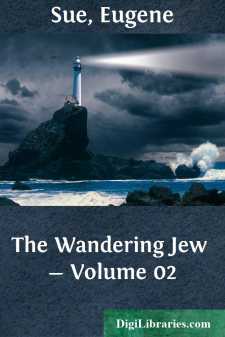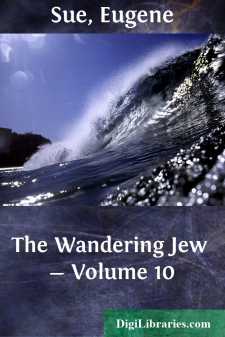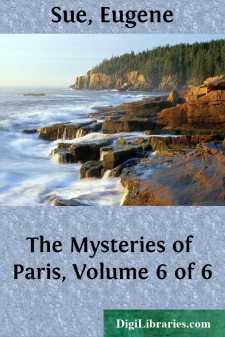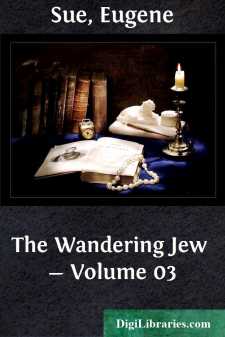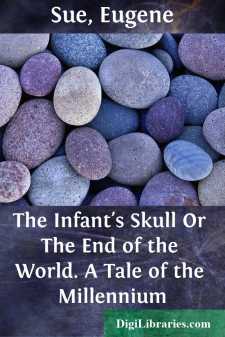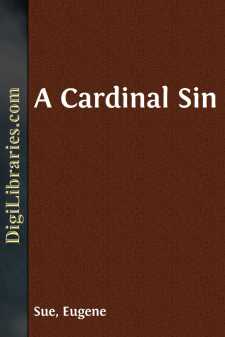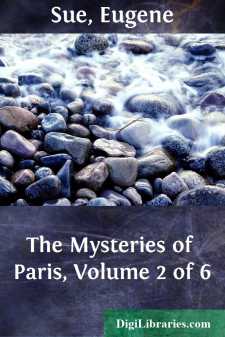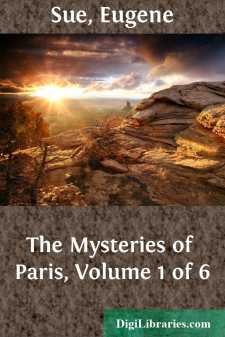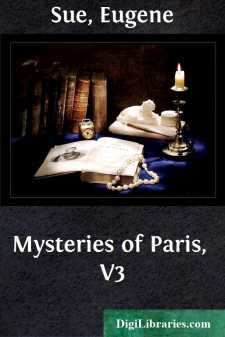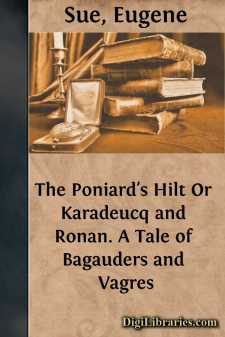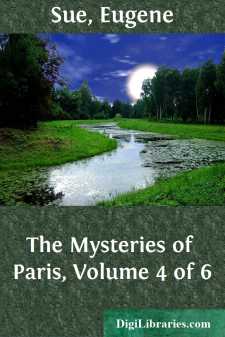Categories
- Antiques & Collectibles 13
- Architecture 36
- Art 48
- Bibles 22
- Biography & Autobiography 813
- Body, Mind & Spirit 142
- Business & Economics 28
- Children's Books 17
- Children's Fiction 14
- Computers 4
- Cooking 94
- Crafts & Hobbies 4
- Drama 346
- Education 46
- Family & Relationships 57
- Fiction 11829
- Games 19
- Gardening 17
- Health & Fitness 34
- History 1377
- House & Home 1
- Humor 147
- Juvenile Fiction 1873
- Juvenile Nonfiction 202
- Language Arts & Disciplines 88
- Law 16
- Literary Collections 686
- Literary Criticism 179
- Mathematics 13
- Medical 41
- Music 40
- Nature 179
- Non-Classifiable 1768
- Performing Arts 7
- Periodicals 1453
- Philosophy 64
- Photography 2
- Poetry 896
- Political Science 203
- Psychology 42
- Reference 154
- Religion 513
- Science 126
- Self-Help 84
- Social Science 81
- Sports & Recreation 34
- Study Aids 3
- Technology & Engineering 59
- Transportation 23
- Travel 463
- True Crime 29
The Wandering Jew - Volume 02
by: Eugene Sue
Description:
Excerpt
THE WANDERING JEW'S SENTENCE.
The site is wild and rugged. It is a lofty eminence covered with huge boulders of sandstone, between which rise birch trees and oaks, their foliage already yellowed by autumn. These tall trees stand out from the background of red light, which the sun has left in the west, resembling the reflection of a great fire.
From this eminence the eye looks down into a deep valley, shady, fertile, and half-veiled in light vapor by the evening mist. The rich meadows, the tufts of bushy trees the fields from which the ripe corn has been gathered in, all blend together in one dark, uniform tint, which contrasts with the limpid azure of the heavens. Steeples of gray stone or slate lift their pointed spires, at intervals, from the midst of this valley; for many villages are spread about it, bordering a high-road which leads from the north to the west.
It is the hour of repose—the hour when, for the most part, every cottage window brightens to the joyous crackling of the rustic hearth, and shines afar through shade and foliage, whilst clouds of smoke issue from the chimneys, and curl up slowly towards the sky. But now, strange to say, every hearth in the country seems cold and deserted. Stranger and more fatal still, every steeple rings out a funeral knell. Whatever there is of activity, movement, or life, appears concentrated in that lugubrious and far-sounding vibration.
Lights begin to show themselves in the dark villages, but they rise not from the cheerful and pleasant rustic hearth. They are as red as the fires of the herdsmen, seen at night through the midst of the fog. And then these lights do not remain motionless. They creep slowly towards the churchyard of every village. Louder sounds the death-knell, the air trembles beneath the strokes of so many bells, and, at rare intervals, the funeral chant rises faintly to the summit of the hill.
Why so many interments? What valley of desolation is this, where the peaceful songs which follow the hard labors of the day are replaced by the death dirge? where the repose of evening is exchanged for the repose of eternity? What is this valley of the shadow, where every village mourns for its many dead, and buries them at the same hour of the same night?
Alas! the deaths are so sudden and numerous and frightful that there is hardly time to bury the dead. During day the survivors are chained to the earth by hard but necessary toil; and only in the evening, when they return from the fields, are they able, though sinking with fatigue, to dig those other furrows, in which their brethren are to lie heaped like grains of corn.
And this valley is not the only one that has seen the desolation. During a series of fatal years, many villages, many towns, many cities, many great countries, have seen, like this valley, their hearths deserted and cold—have seen, like this valley, mourning take the place of joy, and the death-knell substituted for the noise of festival—have wept in the same day for their many dead, and buried them at night by the lurid glare of torches....


